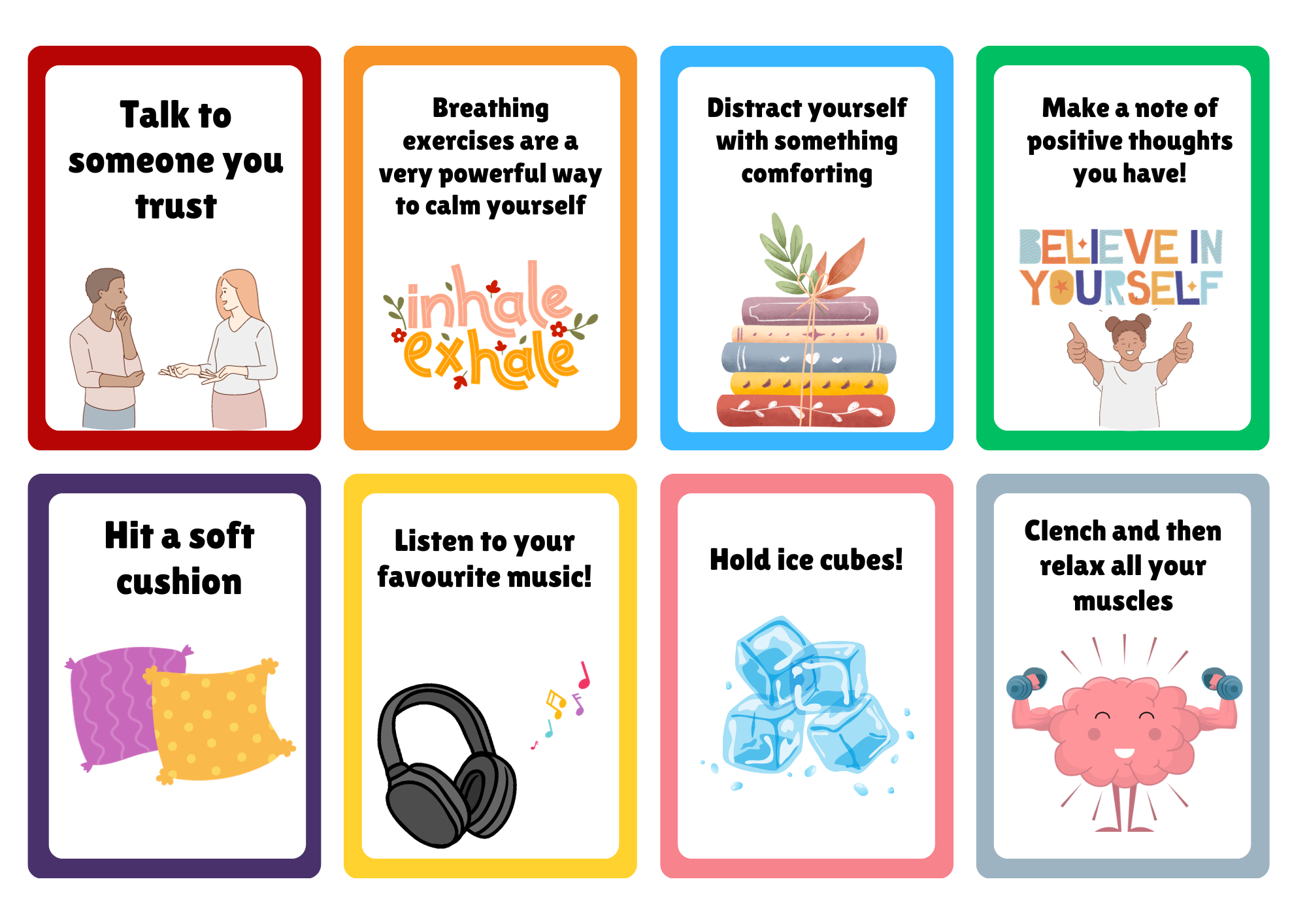What is self-harm?
Some people self-harm as a way of dealing with very difficult feelings, painful memories or overwhelming experiences.
Some people have described it as:
- “a way to express something that’s hard to put into words”
- “changing emotional pain to physical pain”
It is thought about 1 in 15 young people in Britain have self-harmed.
Why do people self-harm?
Anyone can self-harm. For some people it is linked to specific experiences. For others the reasons are less clear. Some people may think that it is attention-seeking, but they are wrong.
Control: Self-harm can be a way of feeling in control of your body. You may have experienced trauma such as abuse, and may self-harm as a way of managing these memories.
Punishment: Some people self-harm as a way of punishing themselves, for things they feel are their fault.
You are not alone. You can always ask for help with self-harm, even if you can’t explain why you do it. Your Mindworks Surrey worker can help you with this.
Seeking help
It is important to seek help if you self-harm. See your GP or a doctor following self-harm as you may need medical treatment. If you need urgent support and are in an emergency please call 999.
Types of self harm:



There are many reasons why someone might have urges to self-harm. Whatever the reason, we know that it can be distressing for you and that it carries dangers too. Here are some helpful coping mechanisms that other young people have found useful when they’ve felt the urge to self-harm.
One idea may work one day but not on another, so it’s important to try different techniques. Try looking at these when you are not experiencing a strong urge to self-harm so you are prepared if you do get one.
- Take a look at the free Calm Harm app
- Try using a felt tip pen where you want to hurt
- Try having a short cool shower
- Try ripping up paper quickly
- Try using henna - you could just draw shapes on yourself or you could write names of people who support and care for you. Some people have drawn animals on themselves and have stopped themselves from self-harming by not wanting to hurt the animal
- Try rubbing ice where you want to cut
- Put a plaster where you want to hurt
- Distract yourself with taste or sensation - try putting a teaspoon of mustard or chilli on your tongue to create a different sensation. Or try popping candy!
- Try the 15 minute rule: give yourself 15 minutes before you do try self-harming. Try to do an activity you enjoy.
Recognise your triggers
- What happened just before you self-harmed?
- Did you have particular thoughts?
- Did a situation, person, object remind you of something difficult?
Become aware of the urge to self-harm
- Physical sensations such as heart racing, strong emotions, sadness, anger, repetitive thoughts, unhealthy decisions
- This helps you take steps towards reducing or stopping
Identify distractions
- Distracting yourself gives you time to reduce the intensity of the urge
- Distract yourself as soon as you feel the urge, or you become aware you’re hurting yourself
Tell someone how you are feeling
You don’t have to manage these thoughts alone. Tell a parent, carer, or friend. Or maybe talk to a teacher or your doctor. Saying out loud how you feel may help to diffuse your emotions. Or if you’re in a mental health or wellbeing crisis, please call our 24/7 crisis line to get support.
Coping strategies and distractions

Practice self-care
Help us improve our website
Please take a moment to share your thoughts and help us enhance our website by completing our short survey here.